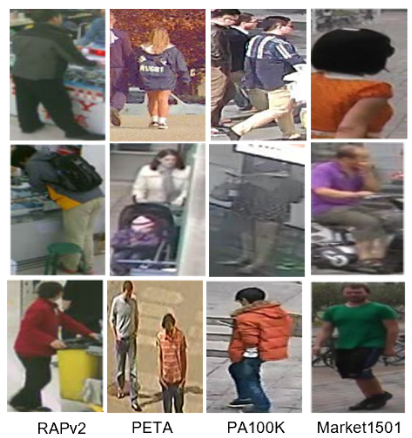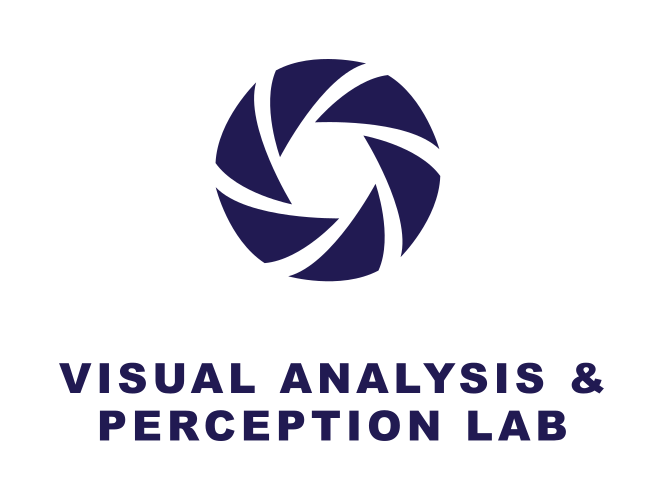
See the program: 
Call for Papers
Computer vision methods trained on public databases demonstrate performance drift when deployed for
real-world surveillance, compared to their initial results on the test set of those employed databases. In this
workshop, we are interested in papers reporting their experimental results on any application of computer
vision in real-world surveillance, challenges they have faced, and their mitigation strategy on topics like,
but not limited to:
• Object detection
• Tracking
• Anomaly detection
• Scene understanding
• Super-resolution
• Multimodal surveillance
Furthermore, the workshop has special attention to legal and ethical issues of computer vision applications
in real-world scenarios. We therefore also welcome papers describing their methodology and experimental
results on legal matters (like GDPR, AI Act) or ethical concerns (like detecting bias towards gender, race,
or other characteristics and mitigating strategies).
Important Dates
Paper submission: Extended to November 1st, October 25, 2023 (11:59 PM, PT)
Paper submission for challenge participants: November 8, 2023 (11:59 PM, PT)
Decision notification: November 15, 2023 (11:59 PM, PT)
Camera-ready: November 17, 2023 (11:59 PM, PT)
Submission
Submitted papers are handled via CMT accessible here
Paper template and guidelines for the workshop are similar to those of WACV and they can be found here
Accepted papers will be included in WACV Workshop proceedings and will be published by the CVF / IEEE.
Challenge
The workshop includes a challenge on Pedestrian Attribute Recognition and Attribute-based Person Retrieval. The second UPAR challenge [1] aims to spotlight the problem of domain gap in a real-world surveillance context and highlight the challenges and limitations of existing methods to provide a direction of research for the future. It will be based on the UPAR Dataset [2] composed of annotations for 40 binary attributes and newly annotated test data
More information can be found here.
[1] Cormier, Mickael; Specker, Andreas; Jacques, Julio C. S. et al. (2023): UPAR Challenge: Pedestrian Attribute Recognition and Attribute-based Person Retrieval – Dataset, Design, and Results – link
[2] Specker, Andreas; Cormier, Mickael; Beyerer, Jürgen (2023): UPAR: Unified Pedestrian Attribute Recognition and Person Retrieval – link

Keynote Speakers
Bernard S. Ghanem, Professor of Computer Science at King Abdullah University of Science and Technology, Saudi Arabia.
Talk: End-to-End Learning for Long-Form Video Tasks: Challenges and Research Directions.
Rita Cucchiara, Director of AI Research and innovation Center, University of Modena and Reggio Emilia, Italy.
Talk: Issues on Human Tracking: from 2D to 3D inferences.
Benjamin Rowe, Cloud and Security Architect, Arcules, USA.
Talk: Do AI models need to be perfect?
Zhun Zhong, Assistant Professor, University of Nottingham, UK..
Talk: Trustworthy Object Re-Identification.
Iva Gumnishka, CEO and Ivan Ivanov, CTO, Humans In The Loop, Bulgaria.
Talk: Human-in-the-loop pipelines for surveillance systems: real-time and non-real time applications.
Ming-Hsuan Yang, Research Scientist, Google, Professor of Electrical Engineering and Computer
Science, University of California, Merced, USA.
Talk: TBD.
Organizers
Kamal Nasrollahi,
Aalborg University, Denmark
Milestones Systems, Denmark
Mail: kn@create.aau.dk
Sergio Escalera Guerrero
Universitat de Barcelona, Spain
Computer Vision Center, Spain
Aalborg University, Denmark
Mail: sescalera@cvc.uab.cat
Radu Ionescu
University of Bucharest, Romania
Mail: raducu.ionescu@gmail.com
Fahad Shahbaz Khan
Mohamed bin Zayed University of Artificial Intelligence, Abu Dhabi, United Arab Emirates
Linköping University,Sweden
Mail: fahad.khan@liu.se
Thomas Moeslund
Aalborg University, Denmark
Mail: tbm@create.aau.dk
Anthony Hoogs
Kitware, USA
Mail: anthony.hoogs@kitware.com
Shmuel Peleg
Hebrew University of Jerusalem, Israel
Mail: peleg@mail.huji.ac.il
Mubarak Shah
University of Central Florida, USA
Mail: shah@crcv.ucf.edu

